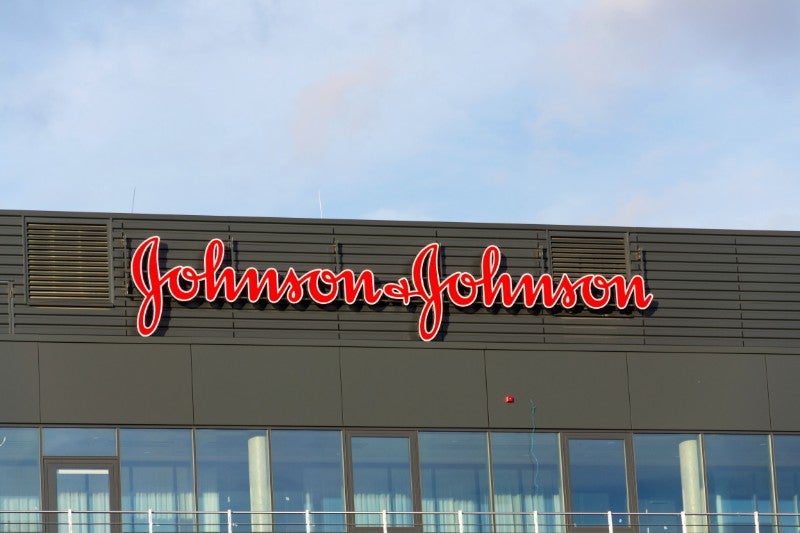In 2019, 17 of the top 20 Mega and Large Cap Bio/Pharma players reported revenue growth, according to GlobalData’s Pharmaceutical Intelligence Center Companies Database. GlobalData analysed the year-on-year (YoY) change and Compound Annual Growth Rate (CAGR) for the revenue, operating profit, and net profit of major global publicly traded pharma companies over the past five years, and selected the global top 20 innovative Pharma companies based on 2019 revenues.

In 2019, 17 of the top 20 publicly traded pharmaceutical players globally reported YoY growth in their revenue, with Takeda Pharmaceutical reporting 56.9% YoY revenue growth to $29.69bn. Takeda’s significant increase in revenue was driven by its acquisition of Shire in January 2019, which gave the company a wider geographical reach and an expanded rare disease portfolio. Bayer AG and Bristol-Myers Squibb (BMS) both reported over 15% YoY growth in revenue. Bayer’s revenue increased by 18.5% due to strong pipeline growth and drug sales, mainly of Xarelto (rivaroxaban) and Eylea (aflibercept), as well as portfolio expansion by the acquisition of agriculture biotechnology company Monsanto. BMS recorded a revenue growth of 15.9% due to its acquisition of Celgene in November 2019 and strong sales of both Eliquis (apixaban), a small molecule for cardiovascular indications, and Opdivo (nivolumab), a monocolonal antibody for oncology.
The majority of the top companies indicated a growth in revenue over the past five years, with Takeda (16.2%) and BMS (12.1%) recording a revenue CAGR of more than 10% since 2015 due to their inorganic and organic growth initiatives. Pfizer, Amgen, and Astellas Pharma reported revenue declines in 2019 of 3.5%, 1.6% and 0.4%, respectively. Pfizer’s decline in revenue was due to the weak performance of its manufacturing wing Upjohn and its Consumer Healthcare divisions—now a joint venture with GlaxoSmithKline (GSK)—in 2019.
Out of the top 20 companies, 11 recorded more than 50% growth in 2019 in their operating profit, including AbbVie (103.4%), Otsuka Holdings (54.2%), and Pfizer (53.1%). AbbVie’s increase in its operating profit was driven by a decline of more than $6B in its operating costs, mostly due to the decline in intangible asset impairment charges in 2019 compared to $5.1B intangible asset impairment charges in 2018. Otsuka’s strong performance and drug sales helped it increase its operating profit, as did the completion of its joint venture deal to form a Consumer Healthcare company with GSK.
Several companies reported operating profit declines of over 25% in 2019, including Gilead Sciences (47.7%), Takeda (47.1%), Novartis AG (36%), and Sanofi (33.2%). High Costs Of Goods Sold (COGS); R&D expenditure; Selling, General and Administrative (SG&A) expenses; and depreciation/amortization costs contributed to Takeda’s operating profit decline. Gilead Sciences’ operating profit declined due to an 81% increase in its R&D expenses, which can be attributed to a $3.9bn up-front collaboration, the company’s 2019 licensing expenses, and its significant investments in R&D in order to expand in the immune-oncology space, as evidenced by its $2bn partnership with Nurix Therapeutics in June 2019. Novartis’ operating profit came under pressure due to a decline in revenue from its associated companies, including the reversal of a pre-tax gain of $5.8bn on the divestment of the 36.5% stake in a GSK consumer healthcare joint venture in 2018. The impairment losses taken against intangible assets in the last fiscal year negatively impacted Sanofi’s operating results. Over the past five years, Gilead Sciences Inc. and Sanofi reported negative CAGRs of 33.7% and 13.5% respectively in their operating profits.

US Tariffs are shifting - will you react or anticipate?
Don’t let policy changes catch you off guard. Stay proactive with real-time data and expert analysis.
By GlobalDataOverall, 2019 saw growth for the top players in Pharma, with strong drug sales leading to revenue increases for the majority of these companies.





